Karacasu
Karacasu is a district of Aydın province in the Aegean Region. There is the Ancient City of Aphrodisias within the district borders. It is 87 km away from Aydin city center. The secondary road of the Aydın-Denizli Highway, the highway from Kuyucak district to Karacasu, reaches the district by winding through olive, citrus and then pine trees along the Dandalaz (Ancient name Marsyas Stream) stream. There are Kuyucak districts in the north, Nazilli in the northwest and Bozdoğan districts in the west. It was founded on the slopes of the Dandalaz Valley, which opens to the Büyük Menderes Valley from the southeast. Unlike the geographical settlement and climate structure of the Menderes basin, it shows plateau characteristics. The first name of Karacasu district was "Yenişehir", but it was changed to "Karacasu" after the Tanzimat. According to some views, the Karasu tribe of the Eymür tribe, one of the sons of Oguz Khan, founded a village called Karasu where the current city is located. In 1867, it was made a district of Aydin. It became a district of Aydin in 1923. The district's pita with minced meat, cheese, egg and tahini is famous. Pita masters are spread all over the country, especially in the Aegean region. Those who are fond of taste come here just to try these flavors. There are also ceramic workshops that make cups and jugs; (Kerne) leather and blacksmith masters are well-known. That's why the district; It is introduced as "the land that shapes leather, iron, dough and mud". The district has 18 plateaus, including the Famous Kahve Creek, where tours are organized. The Ancient City of Aphrodisias, which is on the UNESCO World Heritage list, is located here. In 1961, on behalf of New York University, Prof. The first discovery of the excavations of the Ancient City of Aphrodisias, initiated by Kenan Erim as the Head of Excavations, was thanks to the late photographer Ara Güler. In the village of Geyre, where he had to spend the night because he lost his way, Ara Güler saw that valuable historical artifacts were used in various ways in the village square and in every corner of the village. The publication of the photographs taken by Ara Güler in National Geographic magazine enabled the discovery of this historical city.

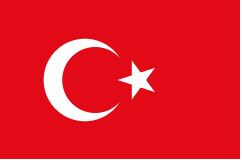


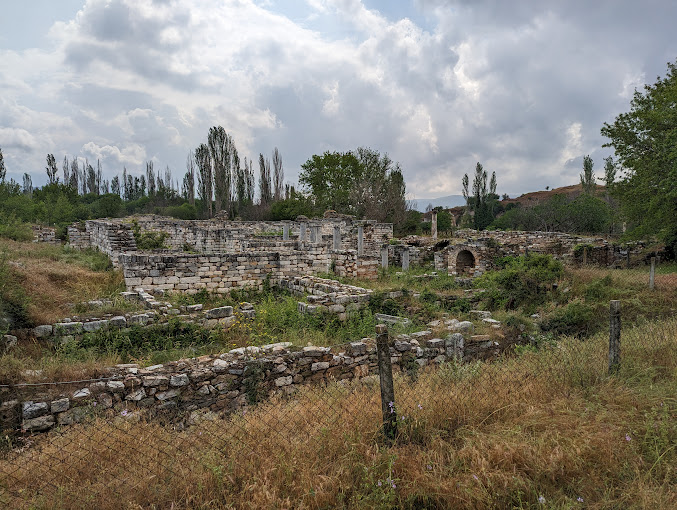
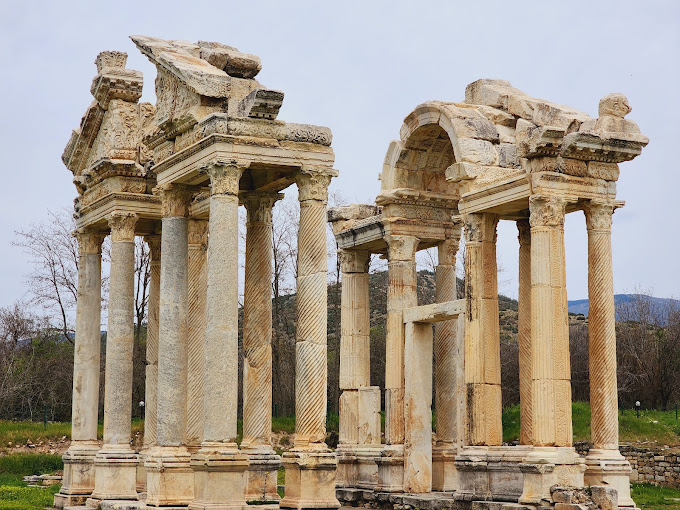
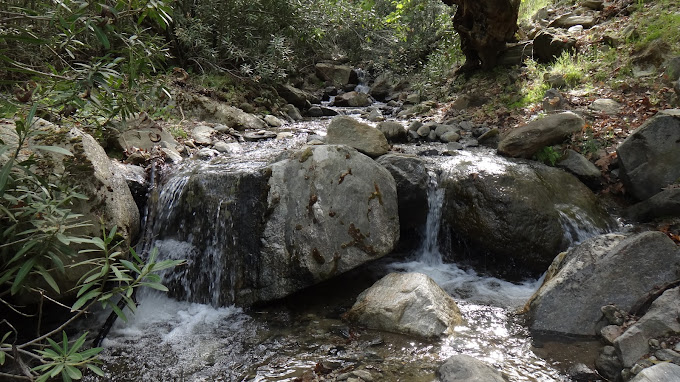
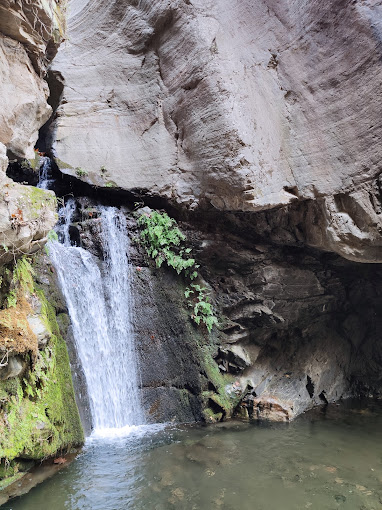
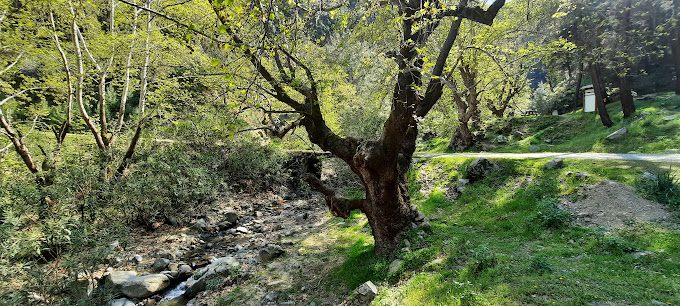
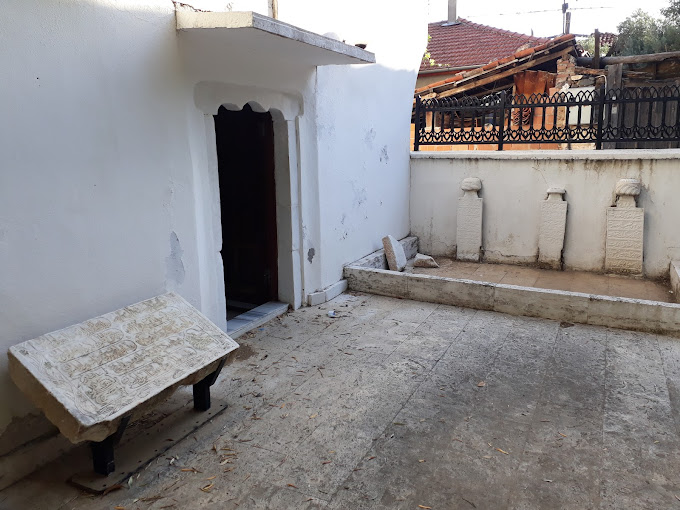
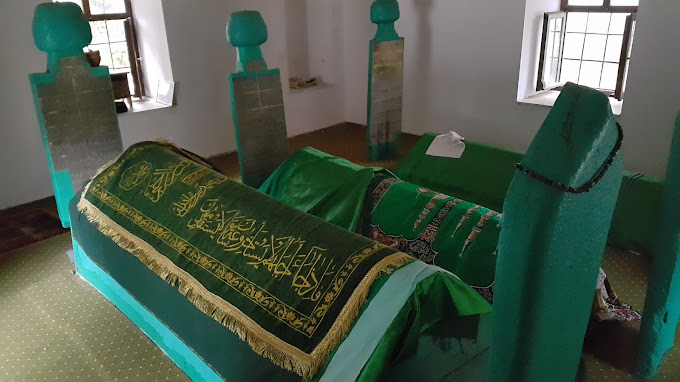
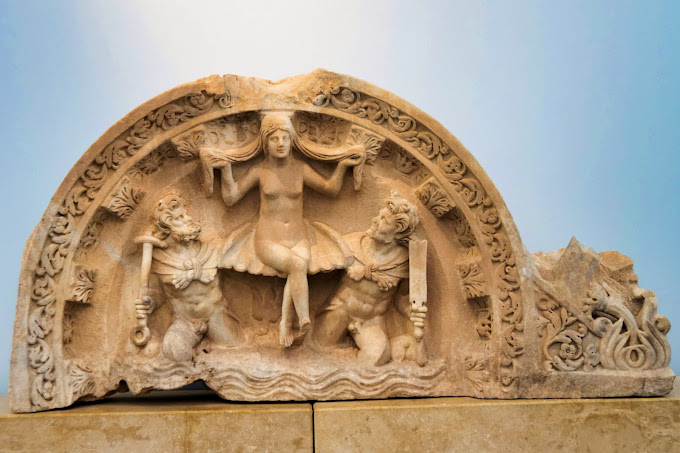
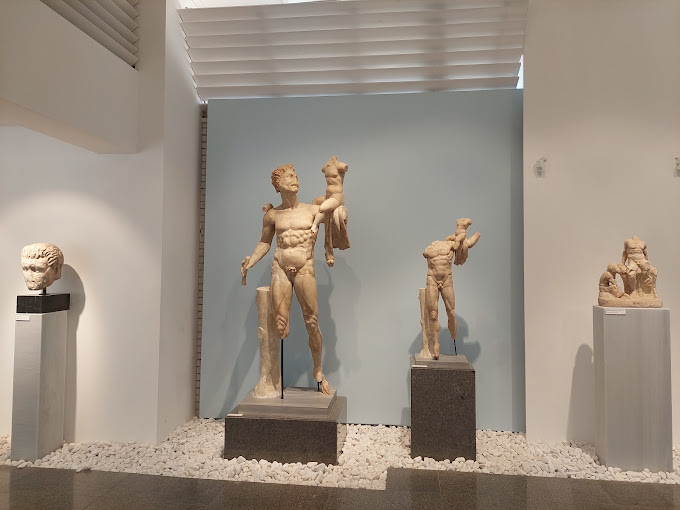
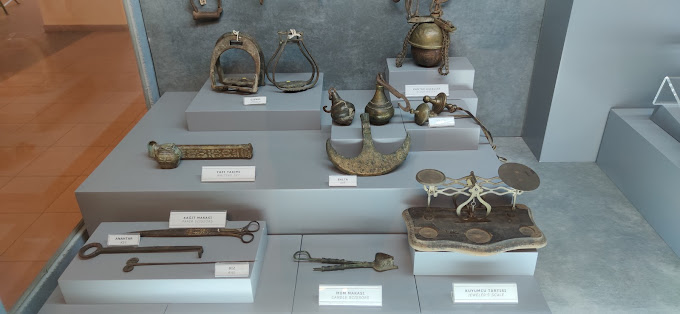
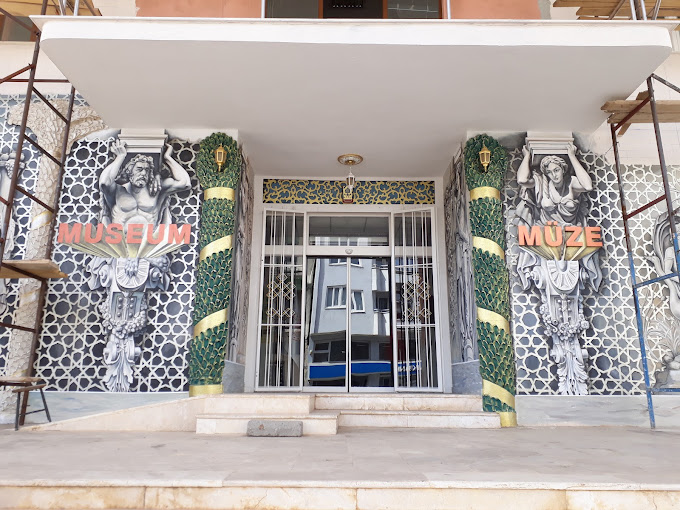
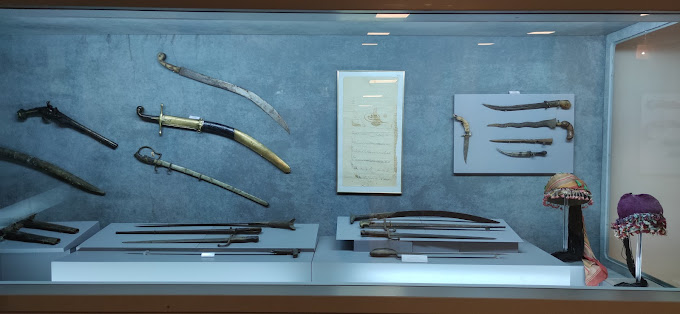
Leave Your Comments